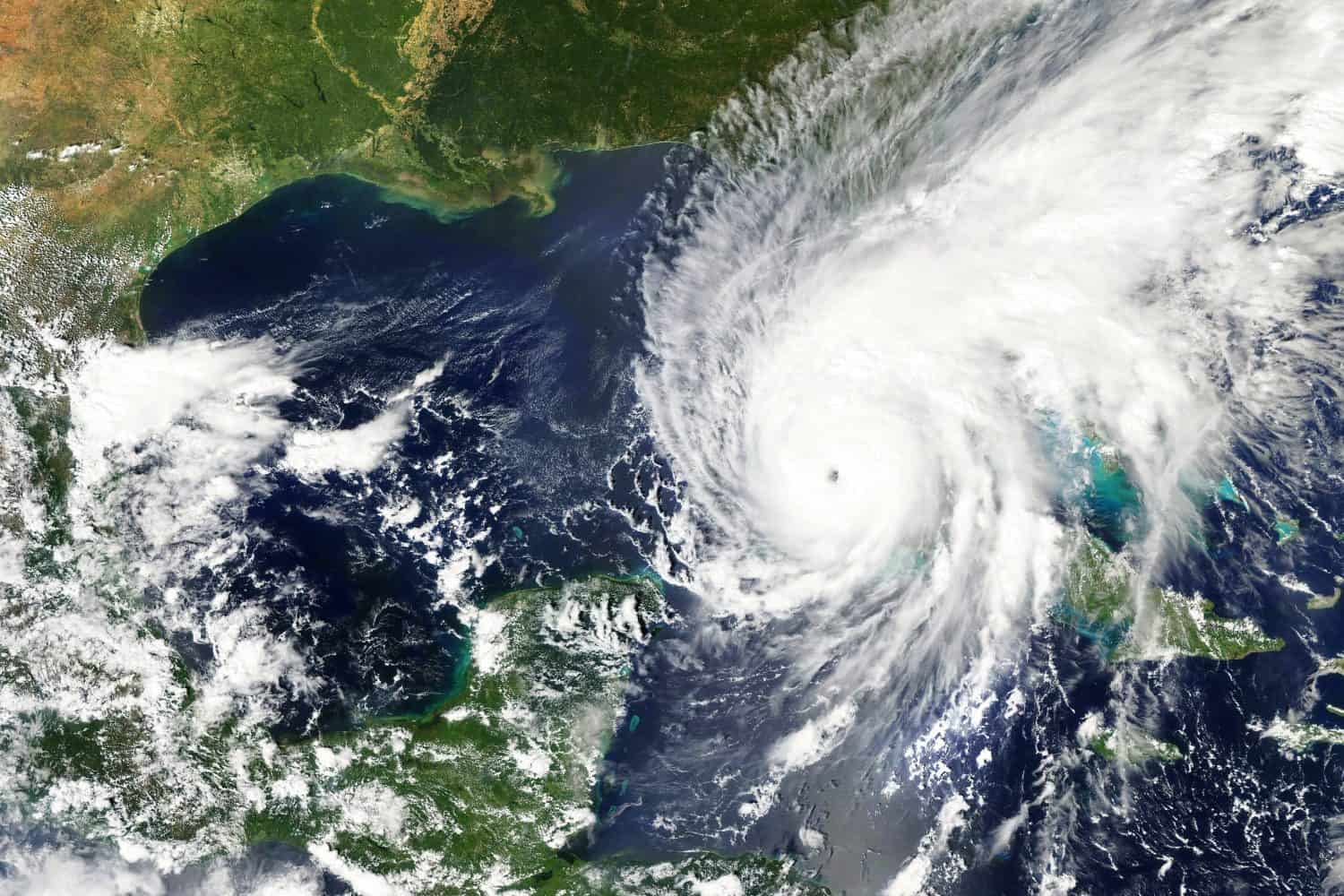Now that we’re already nearly a month into hurricane season, it’s time to start thinking about some essential preparation tips in case any hurricanes head your way. Those who live in states that are especially prone to hurricanes know the best time to prepare is before hurricane season starts, but even if you haven’t started preparation, there’s still time to get your supplies and plan together.
Hurricane season officially begins on June 1st and ends on November 30. While it is challenging to know exactly what to expect ahead of time, there are predictions that the 2024 hurricane season will be more active than usual. These predictions include a forecast of 17 to 25 total storms and a prediction that at least eight of those storms may become hurricanes.
The predictions from meteorologists can help you prepare for the season but it’s important to remember that these predictions are not set in stone. The hurricane season could be more or less active than expected. No matter what the forecast is, it’s best to prepare before the first storm hits.
Anyone who has experienced a hurricane knows that emergency supplies fly off the shelves when a storm is on the way. Preparing your home and emergency kit ahead of time helps you beat the rush and avoid the busy stores before a storm. (After this article, check out How to Tell the Difference Between a Hurricane and a Tornado.)
To create this list of hurricane preparation tips, 24/7 Tempo consulted numerous sources including the National Weather Service, the American Red Cross, and the Federal Emergency Management Agency (FEMA.) We also reviewed Reddit threads and other discussion boards for some of the best preparation tips. Here are 10 hurricane preparation tips to help you prepare for the 2024 hurricane season.
Create an Evacuation Plan
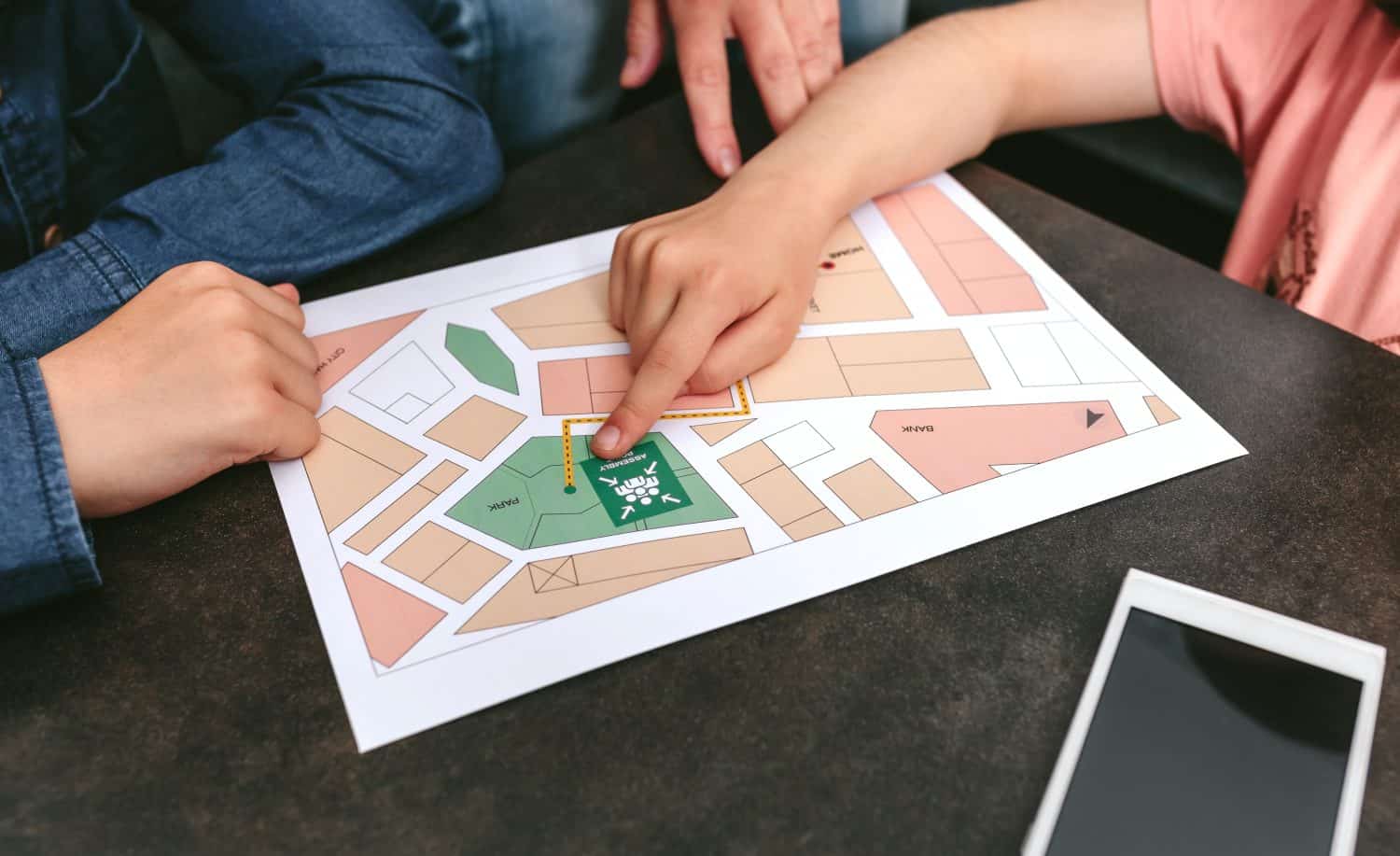
Even if a hurricane is hitting your area, you might not need to evacuate, depending on the severity of the storm. However, you don’t want to wait until the storm hits to create an evacuation plan.
If you have family or friends in an area that won’t be affected by the storm, contact them ahead of time and make plans to stay with them if evacuation is necessary. The Department of Transportation near you will also be able to provide information on evacuation routes in your area.
Find an Emergency Shelter Near You
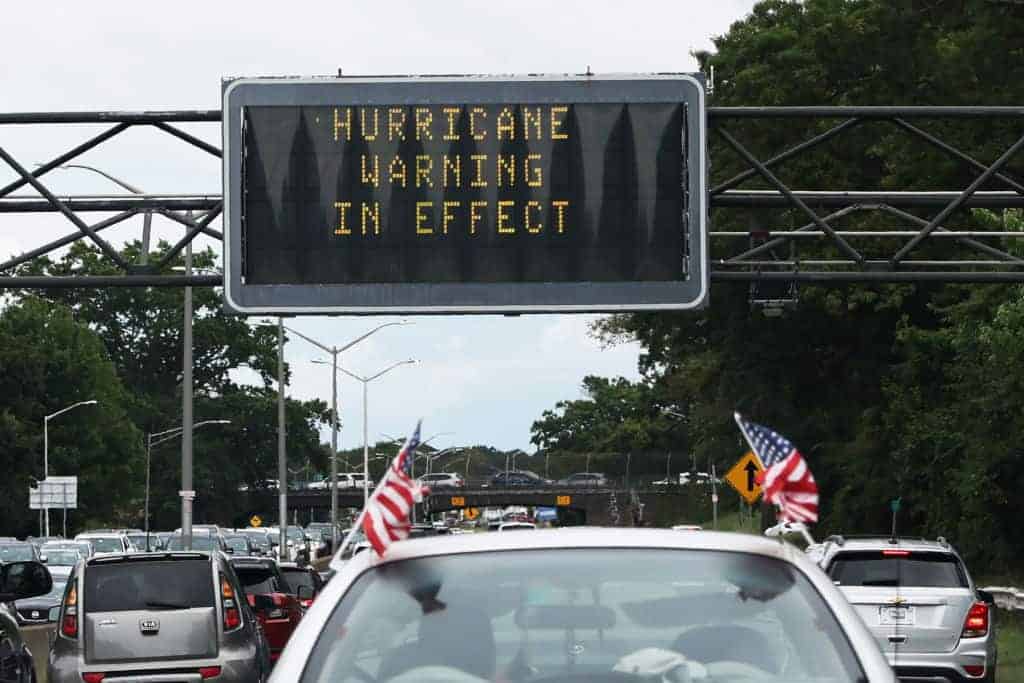
In an emergency, you may not have time to make it out of the city or state you live in. To best prepare your emergency plan, identify the closest emergency shelter near your home so you know where to go if things get tough.
If you have pets, it’s important to have a plan for them as well. Not all emergency shelters allow pets so you’ll want to have a plan for what to do with your furry friends if you do have to take your family to an emergency shelter.
Prepare an Emergency Kit
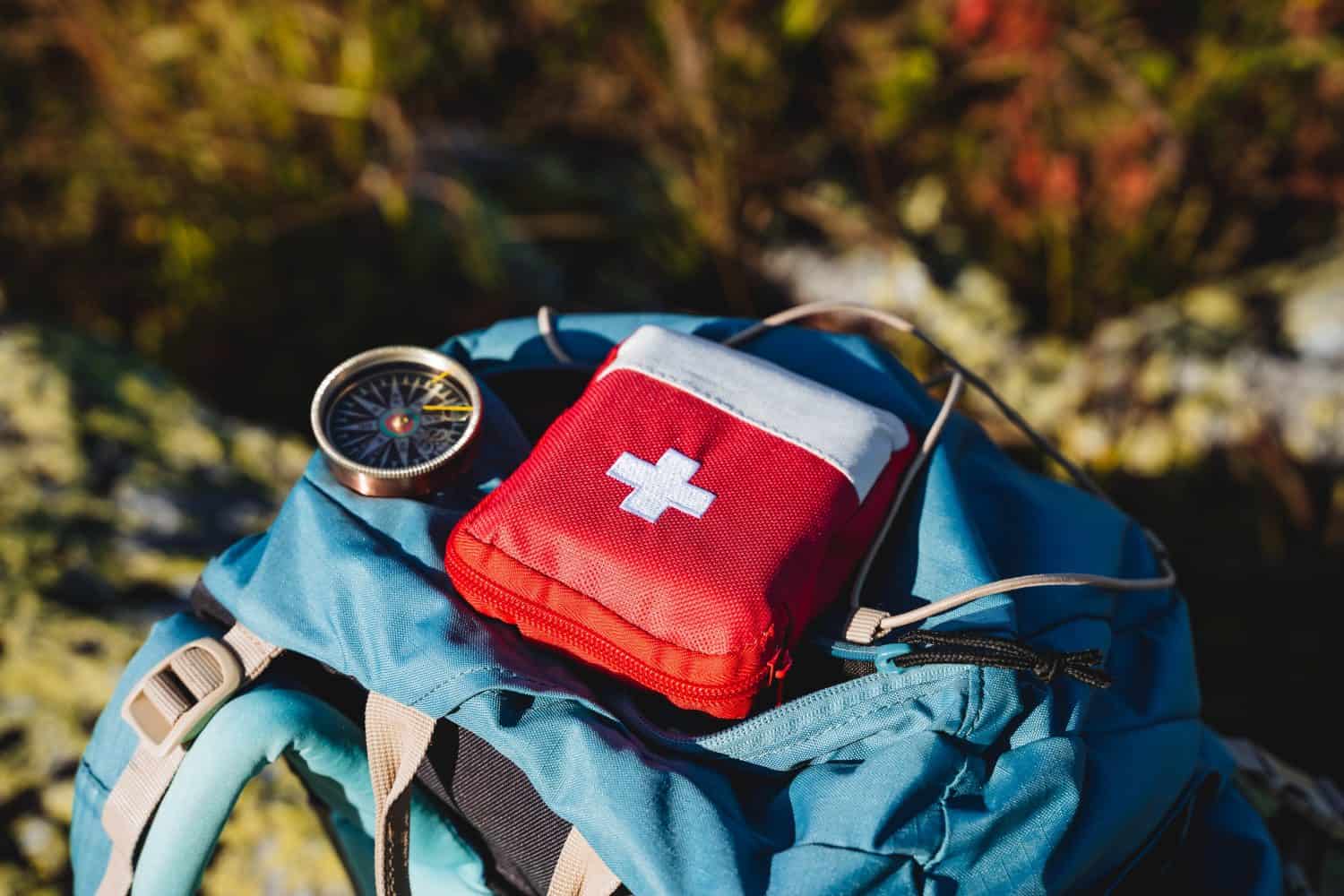
Preparing an emergency kit is an essential part of hurricane prep. Once you have a kit in your home, you can keep it on hand for potential emergencies. If it’s your first time preparing for a hurricane, it’s time to put together your emergency kit.
What you put in your kit may depend on your location and situation. Some examples of things to include are flashlights, batteries, and first aid supplies. The National Weather Service has a full list of what to include on their website.
Stock Up On Supplies

While there are some emergency supplies you can keep on hand for any future storms, there are also supplies you may need to stock up on each year. Having an emergency food supply or non-perishable food items is important.
You might also want to buy bottled water and non-perishable snacks for when you’re waiting out the storm. Additionally, make sure you fill your gas tank ahead of time to avoid long lines at the gas station before a storm.
Familiarize Yourself with Your Zone
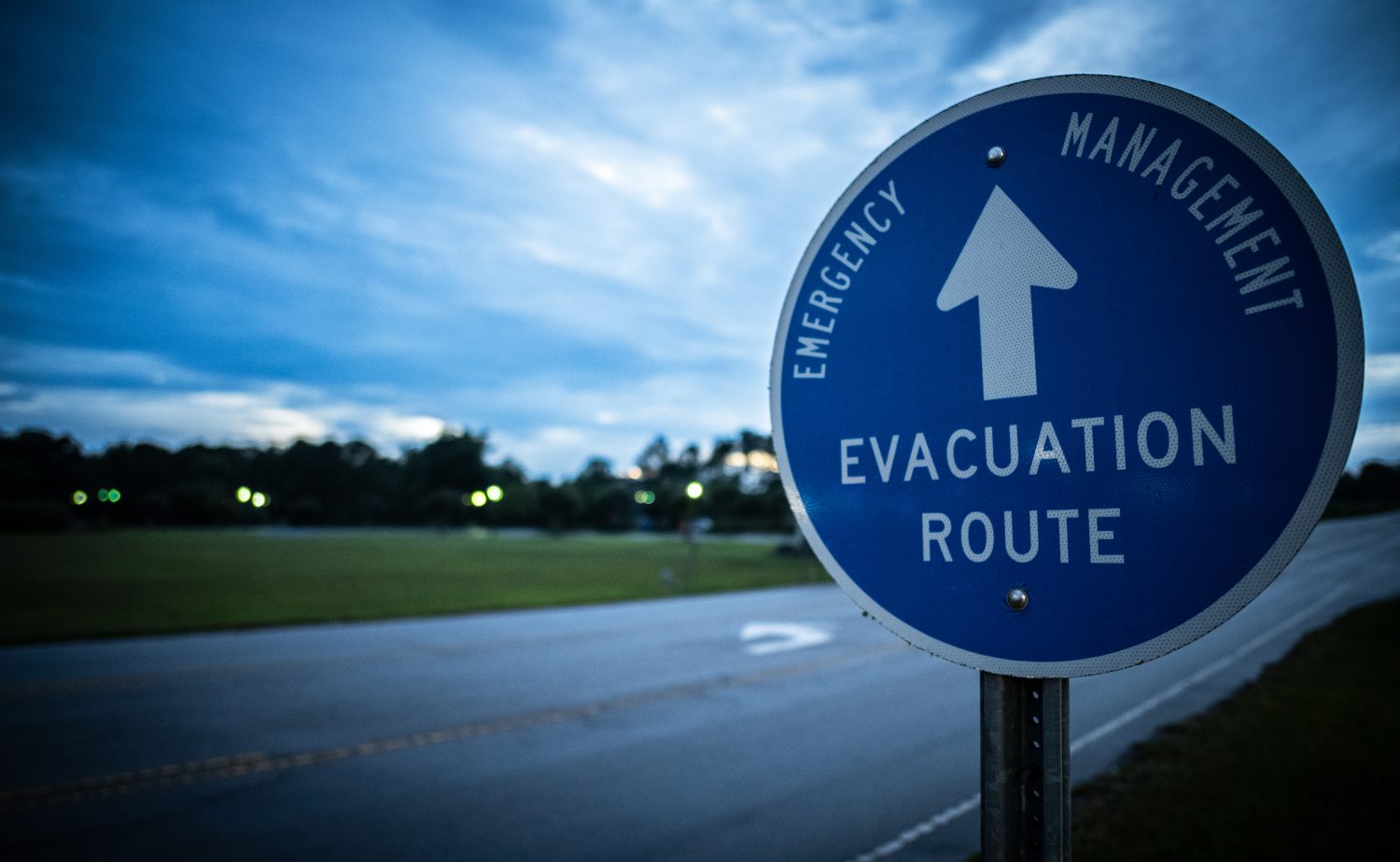
When a hurricane is on the way, the local government will announce voluntary and mandatory evacuations for certain areas. These evacuations will be listed by specific zones. Knowing what zone you live in allows you to quickly identify whether there’s an evacuation order for your area.
Also, the evacuation zones are typically based on which areas are most likely to be affected by the storm. Understanding your zone can help identify the level of risk in your area and how likely you are to get flooding and storm surges near your home.
Review Your Insurance Documents

Insurance is the kind of thing we have just in case we need it, and when a hurricane is coming to your area, that’s one of the times you’ll be glad to have insurance. To ensure you have the coverage you need, review your insurance documents and coverage before a storm hits.
This is vital if you’re a homeowner. There are certain aspects of your insurance that you’ll want to check, such as your deductible and what your policy limit is. Even if you’re not a homeowner, you may want to check up on your renter’s and car insurance.
Document Your Assets and Property

Before you call the insurance companies, it can also be helpful to take inventory of your assets and your personal property. Not only does this help you ensure that you have the right coverage, but it can also help if your property is damaged during the storm.
If you end up having to apply for aid due to a natural disaster, having an inventory will expedite the process and help you get the aid you need. Take pictures of any assets you have, including your property if you’re a homeowner.
Find a Reliable News Source
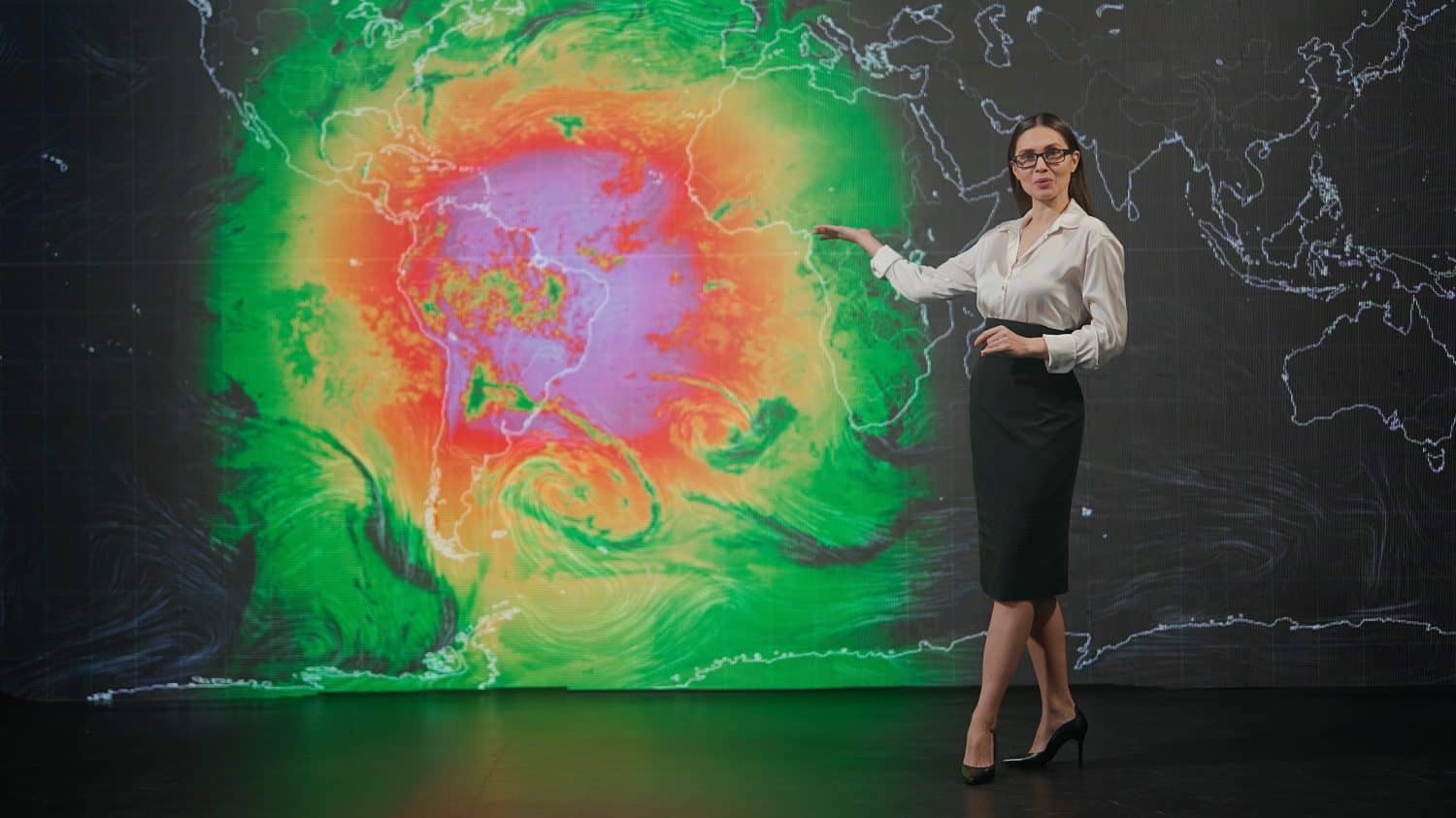
During a storm, it’s essential to keep tabs on what’s happening. However, leading up to a storm, you might find that constantly watching the news might make you more anxious and fearful. It’s important to prepare but not to panic. Before you’re in the path of a hurricane, find a local news source you can trust.
If possible, find one that focuses on sharing practical information instead of spreading unnecessary fear. Then you’ll know exactly what to do and when to act if a hurricane is headed towards your area.
Set Up Emergency Alerts

Instead of constantly checking the news during a storm, setting up emergency alerts on your phone is an easy way to stay informed. Most news stations allow you to sign up for alerts in your area either through their app or through social media.
You can also sign up for alerts directly through the National Weather Service or through the Federal Emergency Management Agency, also known as FEMA. This will allow you to stay on top of any updates while you determine what to do to keep your family safe.
Secure Your Home
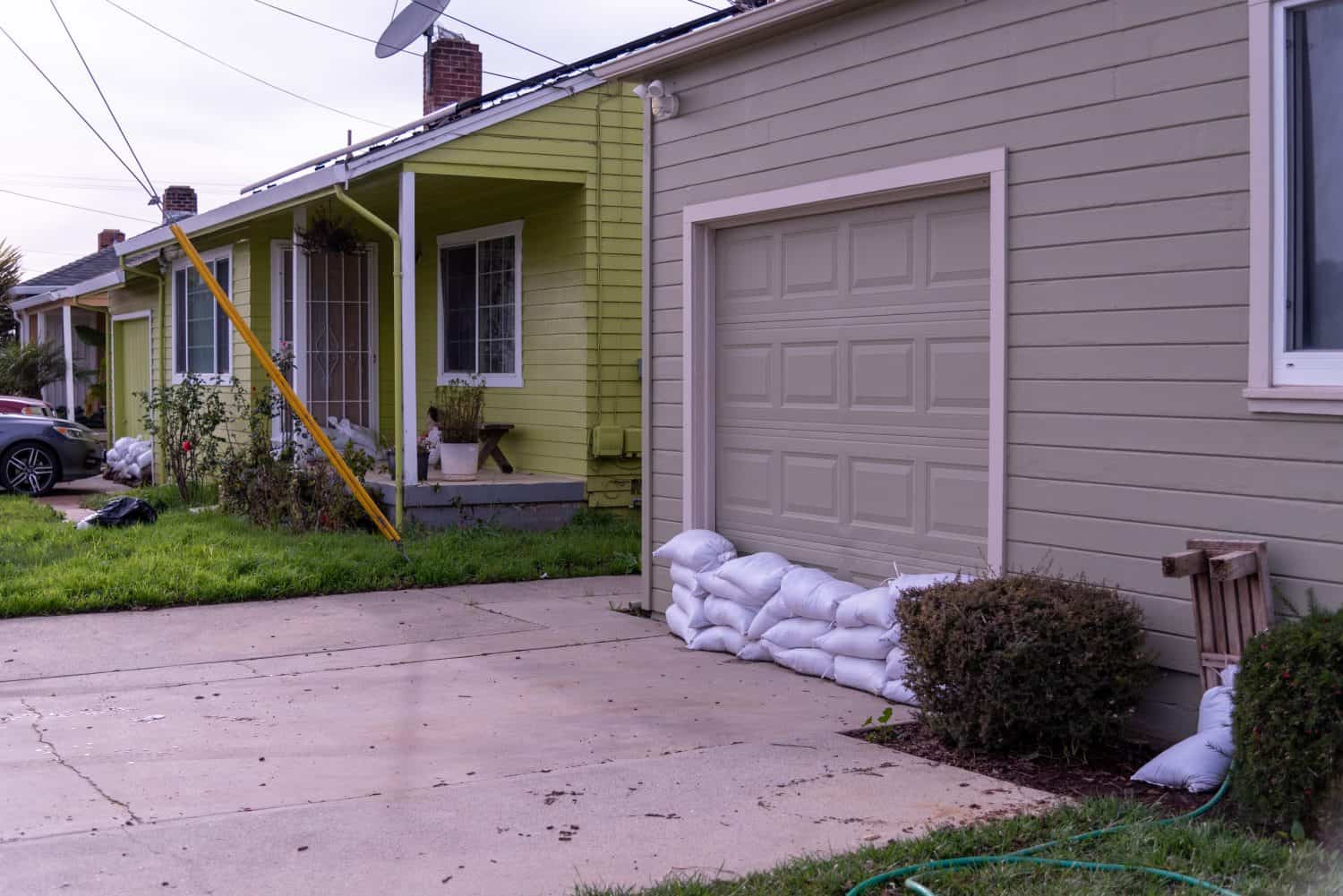
Even if you are evacuating before a storm, it’s critical to secure your home as much as possible before you go. Strong winds and water can damage your home extensively if you don’t prepare. Some ideas for securing your home include bringing any loose or lightweight options inside, such as outdoor furniture or grills.
Preparation should also include boarding up your windows to prevent them from breaking and using sandbags to prevent any water from getting into your home if there is flooding. (To learn more about the weather, check out The Average Summer Temperature Every Decade Since 1895.)
